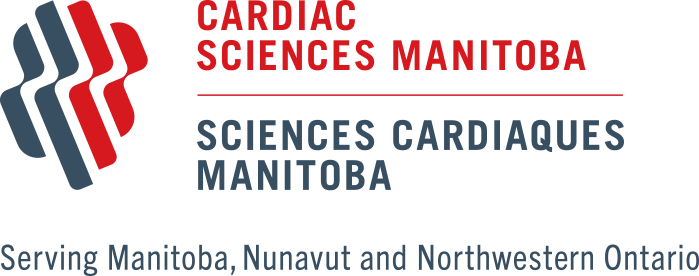Description
Pre Test Procedures
- You will be admitted to the hospital either the day before or day of your surgery.
- Hospital staff will help you get ready and review the “Patient Guide to Heart Surgery” handbook with you for the proper steps to take after surgery.
- A health care aide will use a clipper to remove hair from your chest and legs. Do not shave this hair yourself.
Test Procedures – 3 – 5 hours
- An intravenous will be started and you will meet the surgical team in the Operating Room (O.R).
- The staff may give you medicine to help you relax.
- After falling asleep from the anesthetic medicine, a breathing tube will be inserted through your mouth.
- Other tubes and machines that may be used are:
- A tube into your bladder to drain your urine
- Tubes into your chest to drain fluid from around your heart and lungs
- Pacemaker Wires
- Heart Monitor
Post Test Procedures
- You can expect to stay in the hospital for about 6 to 7 days after valve surgery.
- After your surgery, you will be moved to the Intensive Care Cardiac Sciences (ICCS) Unit. You will be monitored at all times. Your stay here is about 6 – 24 hours and only family or close friends, two at a time, can make short visits.
- After your stay in the ICCS, you will be moved to the Cardiac Surgery Inpatient Unit. You will be kept on a heart monitor and have your remaining tubes removed.
Patient Instruction
Arrangements
- Family members can wait in the Waiting Room of the O.R.
- Before coming to the hospital, you should make plans with family and/or friends to have someone help you at home after your surgery.
What to Bring/Not to Bring
- Bring a toothbrush, toothpaste, and denture care items (as needed).
- Bring slippers with a non-slip sole for after your surgery.
- Leave your jewellery and money with family or at home. Your other belongings will be locked up safely in the Cardiac Surgery In-patient Unit.
Mandatory Pre Test Measures
- Ensure you eat healthy, nutritious foods before your surgery. The necessary vitamins and proteins will help your body heal after surgery.
- It is ideal to exercise prior to surgery, however, ensure quality rest and avoid tiredness and exercises that induce pain or discomfort.
- Attempt to stop smoking, as smoking raises your blood pressure and makes your blood vessels smaller and heart work harder.
- Maintain calmness and your emotions. Waiting for your surgery and recovering from it can be stressful, and may cause worriedness, frustration or sadness.
- You may have an appointment at the Cardiac Pre-Assessment Clinic before your surgery. You may undergo tests such as ECG (heart tracing), chest x-ray, and blood and urine tests.
- Bring all medications with you to the hospital, including vitamins and herbs.
- You will be given soap sponges to clean your body before your surgery. Your nurse will instruct you how to use these soap sponges.
- Do not drink or eat anything after midnight the night before your surgery unless told differently.
- You will be told which pills you need to take before your surgery. Take these pills with a sip of water the morning of your surgery.
Additional Info
Patient Guide to Heart Surgery
Moving Safely After Heart Surgery
ENGLISH VIDEO: A Patient’s Guide to Heart Surgery
FRENCH VIDEO: A Patient’s Guide to Heart Surgery


